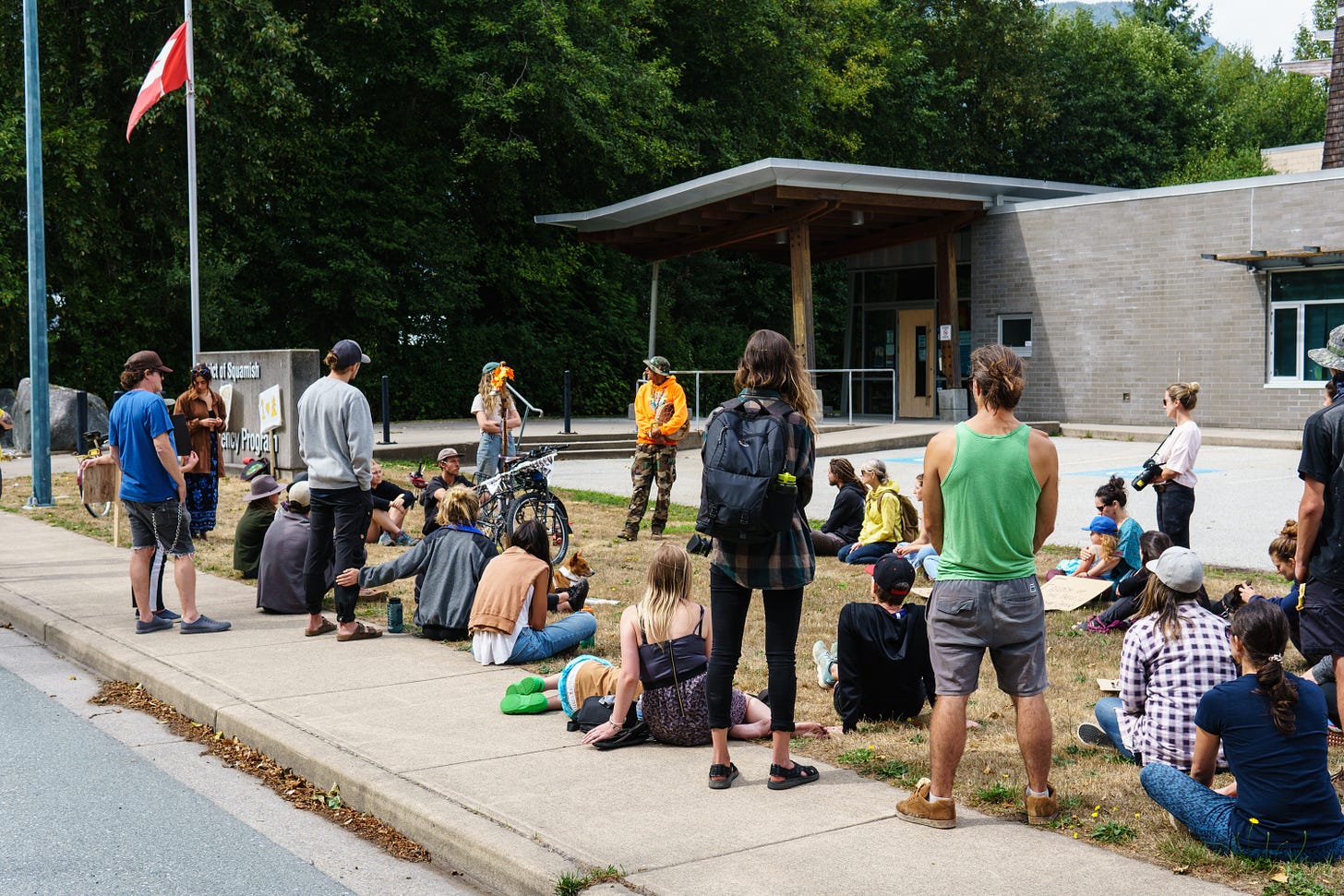Returning From Hiatus
Some thoughts on what's next and some writing published elsewhere over the last couple months.
Sacred Headwaters is a bi-weekly newsletter that aims to guide a co-learning process about the existential issues and planetary limitations facing humanity and about how we can reorient civilization in a way that will enable us to thrive for centuries to come. If you’re just joining us, consider checking out the first issue for some context and head over to our table of contents to browse the whole library. The newsletters are not strictly sequential, but this exploration is meant to build on knowledge and understanding over time. Subscribe below if you haven’t already, and please share with friends, family, and colleagues who may be interested:
Table of Contents
Sacred Headwaters has a table of contents intended to allow readers to “catch up” more effectively, to facilitate using Sacred Headwaters as a reference, and to give a better picture of what the newsletter is about for those who are just joining.
End of Hiatus Update
First off, I’d like to apologize for woefully underestimating the amount of time I would take off from this newsletter. Writing a Master’s dissertation is predictably a lot of work and I could easily have seen this four-month break coming, but I am a chronic under-estimator of time — so here we are and all of a sudden it’s the end of September. For you new subscribers who have yet to receive a single issue, head on over to the table of contents to get an idea of what this newsletter is really about.
Second, I want to announce that issue #38 will be published next Monday: “On ‘the appallingly bad neoclassical economics of climate change.’” It will look at some recent papers that have tried to elucidate just how insane (and corrupt) mainstream economic policy advice on climate change has been and continues to be. This is important to understand because even as the public discourse has shifted away from many of the assumptions of the economics profession (such as the stunningly bad idea that +4C is an “optimal” degree of global warming), the backroom advice that policymakers receive has not. We’re still living in a world where people who firmly believe that global warming could be good for “the economy” (in certain regions) have direct lines to the most powerful decision-makers. That is horrifying — and explains a lot.
Third, I’d like to share some of what I’ve been up to over the last few months (instead of writing this newsletter). Some writing:
“Towards a Fossil Fuel Non-Cooperation Campaign” — my dissertation. Personally, I can’t in good faith recommend reading it — it’s quite long! But it’s received positive reviews from those who have read it, so some of you may find it interesting. Thank you to those who contributed in one way or another.
“A Simple Litmus Test for Climate Policy” — a short piece I tried to get out in advance of the Canadian federal election. My Canadian readers may resent my saying this, but climate discourse here is perhaps even more out of touch than in the US — we’re consistently told that our Liberal government (just re-elected) is adhering to “science” and that they are the only party with “serious” policy to fight climate change, but they’ve been in power since 2015 and left Canada with the worst climate record in the G7. And, most problematically, they continue to pursue aggressive industrial policy focused on expanding the oil and gas industries, pretending that you can achieve “net zero” while expanding fossil fuel production and exports.
“This Was Always Bigger than Old-Growth Forests” (The Tyee, 2 Jul 2021) — an opinion piece connecting the ongoing protests against clearcut logging of ancient forests in British Columbia with capitalism and the “othering” it requires to enable domination and exploitation — of Indigenous peoples, black and brown people, and the more-than-human world.
“Retire the Carbon Footprint” (The Tyee, 4 June 2021) — an opinion piece placing much of the content from Issue #37: The Individual Footprint within the context of local government action against climate change.
I came away from my dissertation with one key conclusion: the challenge we face — the challenge we must overcome to rebuild the possibility of a livable future — is no longer “How do we convince enough people that transformative change is needed?” Instead, it has become “How do we convince enough people that mass mobilization is the only viable pathway to that change?” That the superstructures of global society exist to perpetuate the status quo that is driving mass extinction, and that the only real way to change course is to challenge those superstructures. Even more, that the only real way to challenge that system is through organizing and building social movements. Indeed, the only way things have ever changed in this way is through mass mobilization, but the neoliberal project has worked hard to erase the radical history of virtually every social or environmental win of the last few centuries — so we face an uphill battle.
Part of my goal with this newsletter has always been to elucidate that: to explore how power is distributed, how that distribution is maintained and reproduced, and how it can be overcome, in the face of a ruling class that seems obsessed with the destruction of the Earth as we know it. But writing this dissertation has clarified things for me personally, and I’ll definitely be trying to dive into the history, mechanics, and strategy of social movements and movement-building more over the coming months.
With that — thanks for hanging on these last few months and I’ll see you next week.



